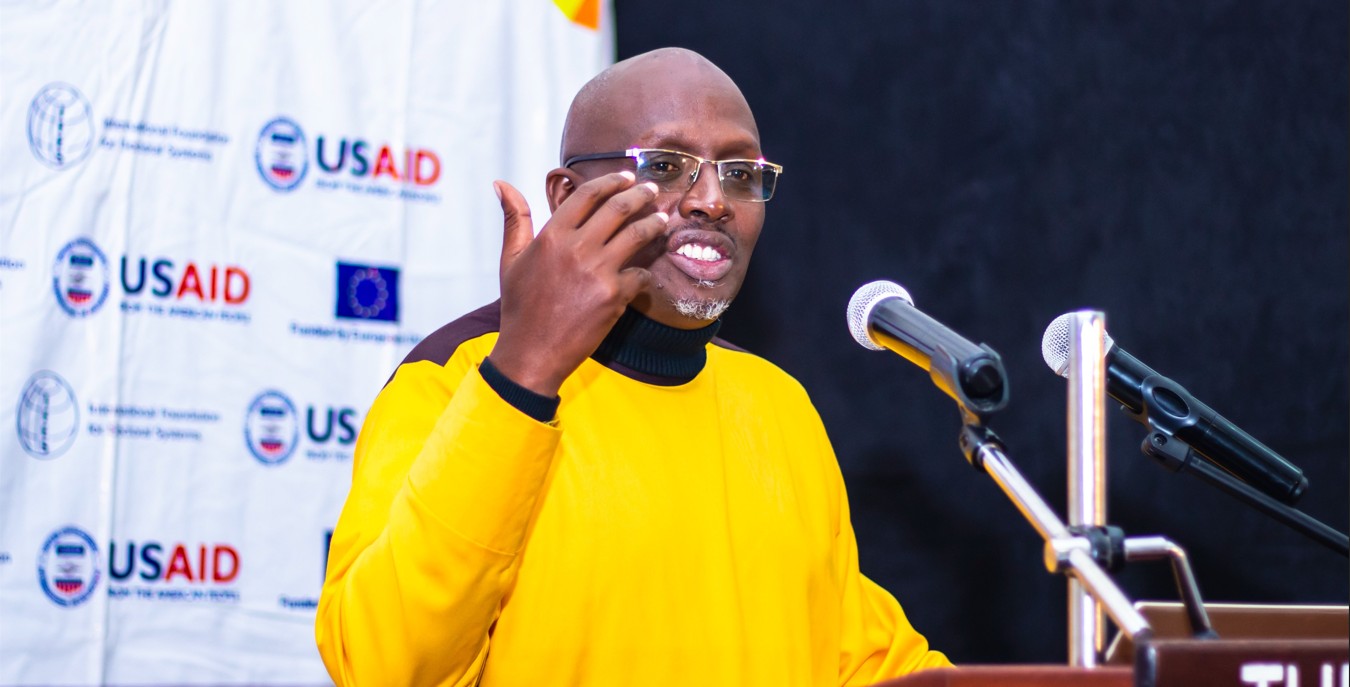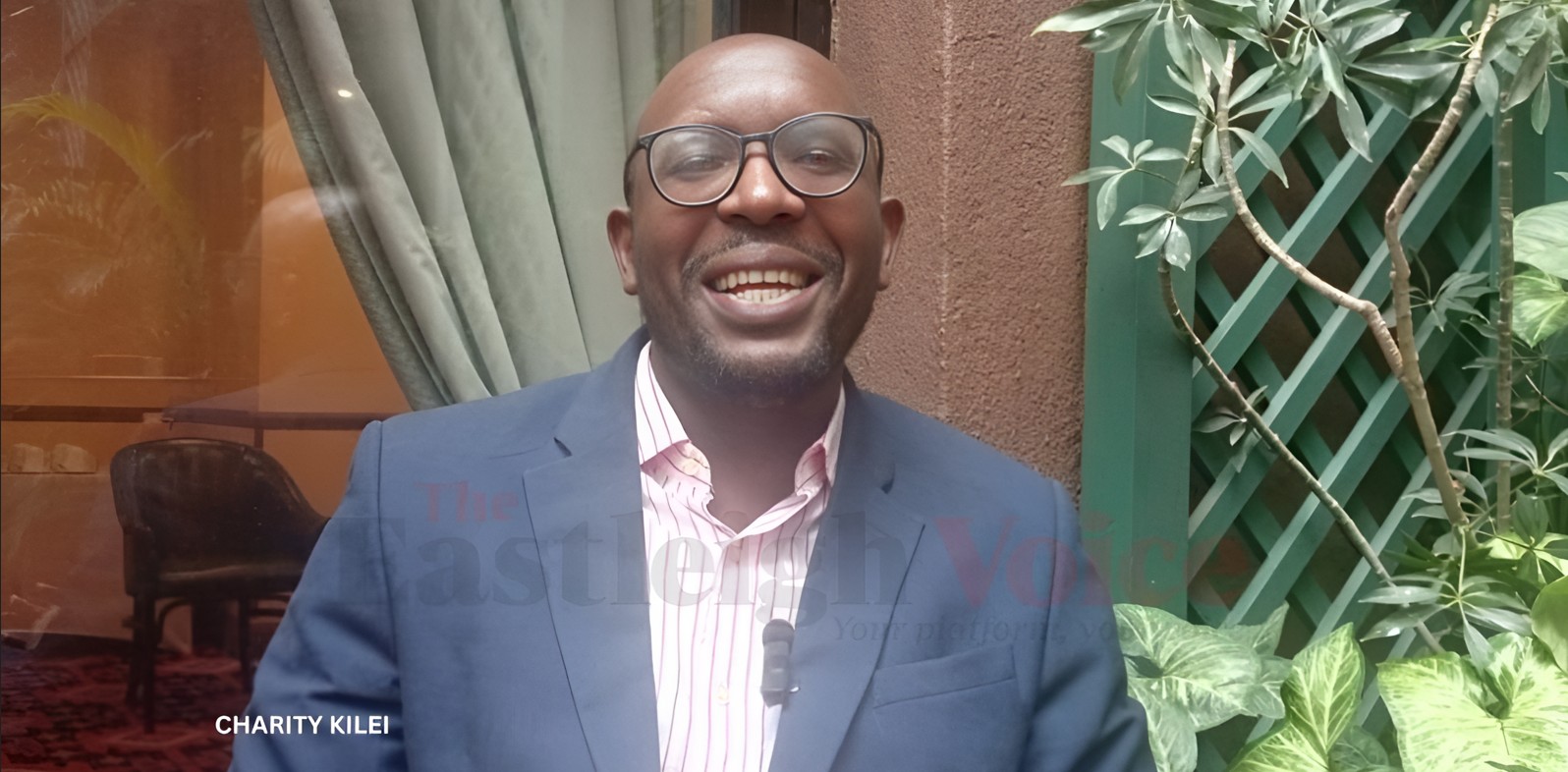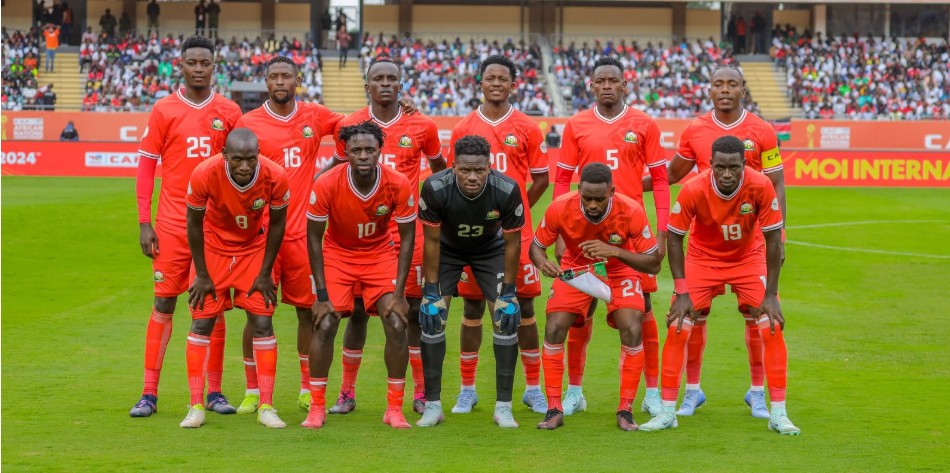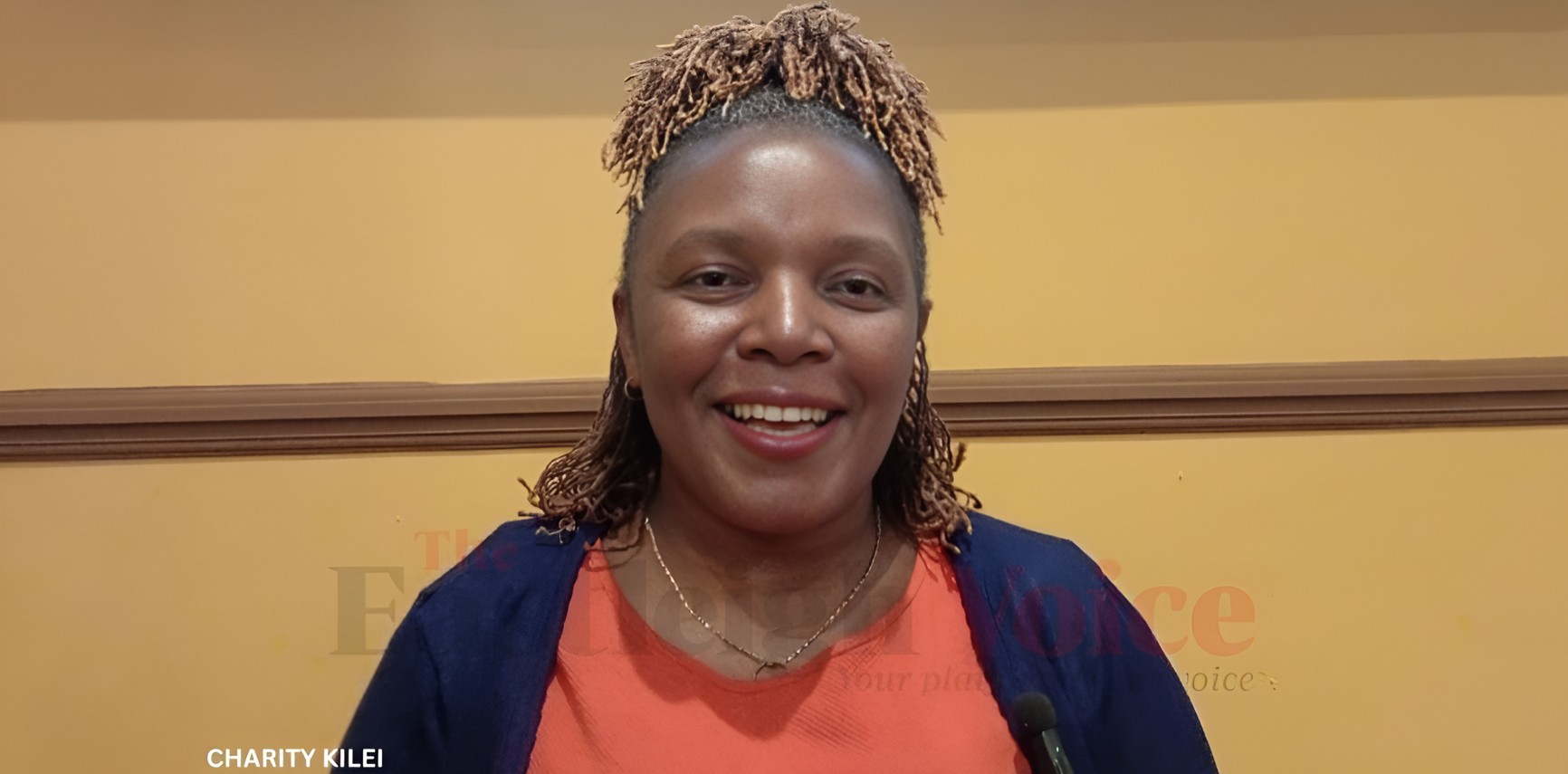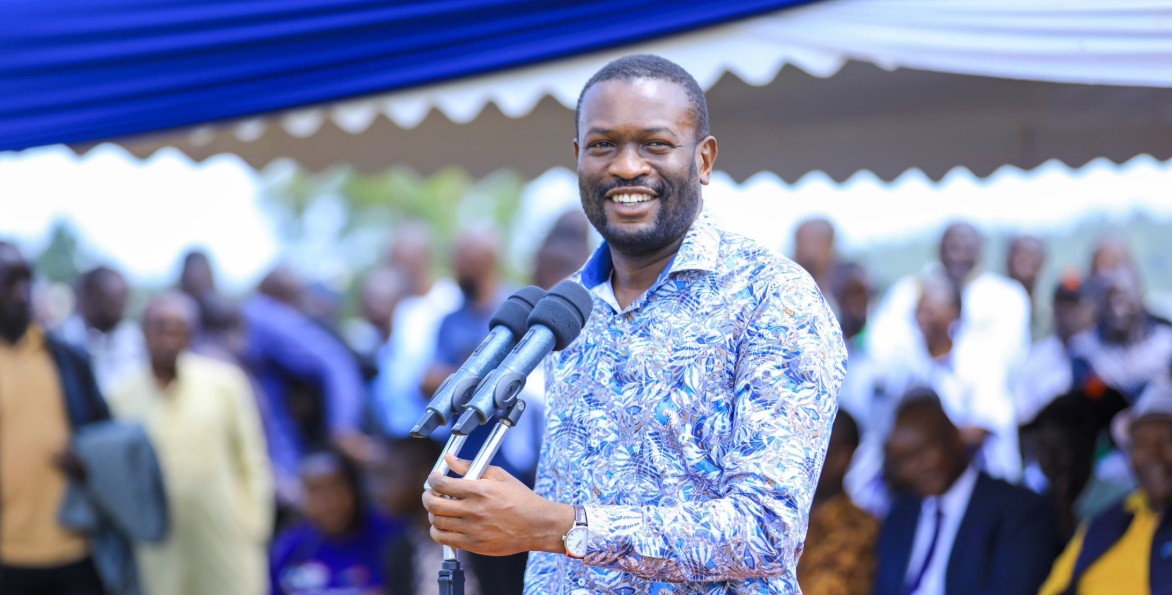Tribute to Professor Okello Oculi: From verse to vision, a life committed to Africa’s liberation
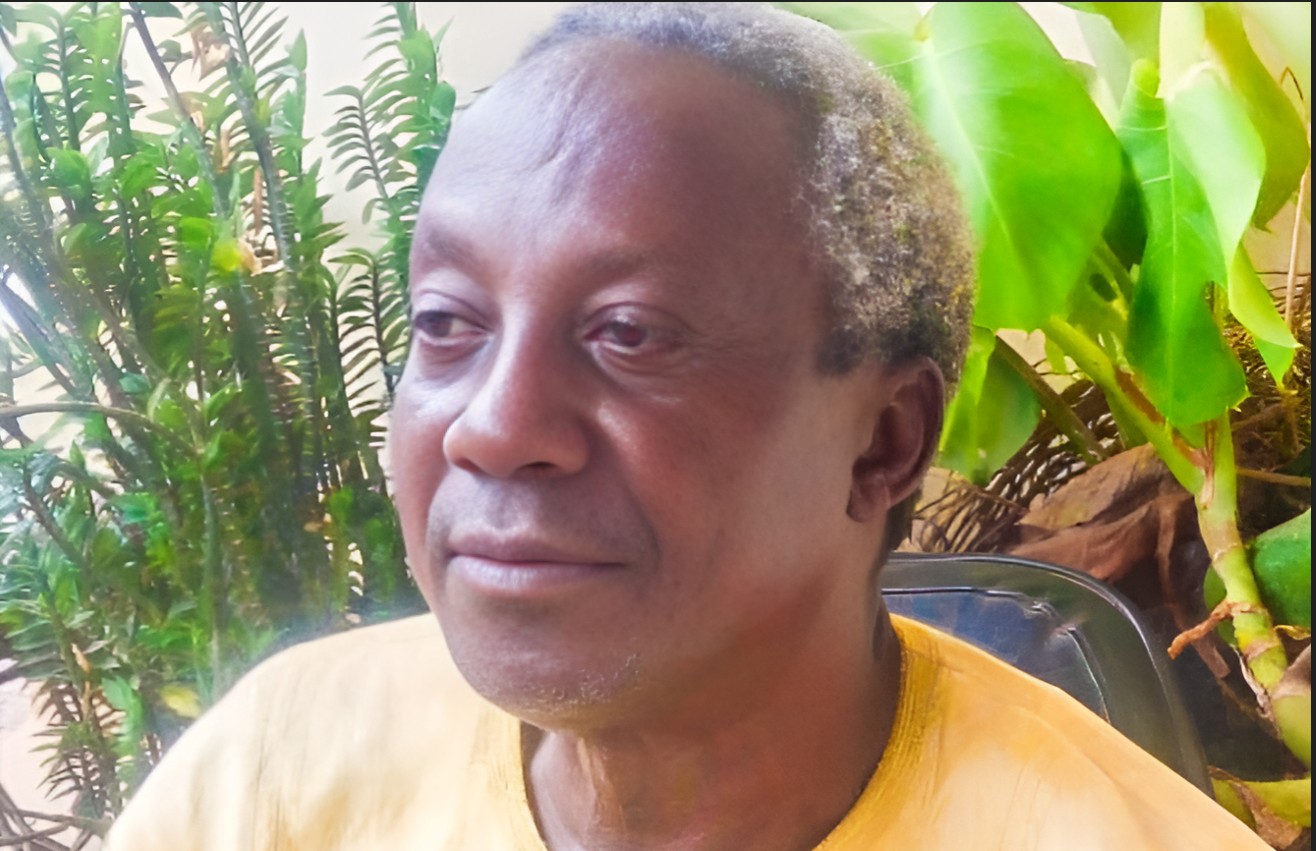
Professor Oculi’s passing leaves a gaping void. But his work lives on — in our libraries, our classrooms, our policy debates, and most importantly, in our continued resistance to the forces that seek to diminish Africa.
It is with a heart heavy yet grateful that I pay tribute to the late Professor Okello Oculi — an illustrious poet, prolific thinker, and uncompromising Pan-Africanist whose pen and politics shaped generations of Africans in pursuit of dignity, justice, and liberation. He joined our intellectual forebears last week on July 26, 2025.
My first encounter with the mind of Professor Oculi was in 1975, within the confines of a high school literature class. I was a Form Two student then, just beginning to grasp the power of words and their capacity to stir consciousness. His collection Orphan and Other Poems ignited in me an early fire — his vivid imagery, cultural rootedness, and unapologetic defiance of colonial alienation were unlike anything we had encountered in the prescribed syllabus. This was reinforced by The Prostitute.
More To Read
- Ngũgĩ wa Thiong’o would have cheered Gen Z’s push for reform - Kamukunji MP Yusuf Hassan
- Celebrating the life and works of Prof Ngũgĩ wa Thiong’o
- Tears flow as Kamukunji MP Yusuf Hassan recalls life in exile, activism struggles with Ngũgĩ wa Thiong’o
- "I didn’t know he was dying or when he was cremated", Ngugi wa Thiong’o’s son opens up on family division
- Kenya’s literary icon Ngũgĩ wa Thiong’o cremated in US as family fulfils his final wish
- Nuria Bookstore celebrates literary icon Ngugi wa Thiong'o
In Oculi’s verse, Africa was not a metaphor for despair or savagery, but a living, breathing continent of stories, wisdoms, and revolutionary spirit. It was through his poetic lens that I began to appreciate literature as not only aesthetic but political — as a weapon of resistance.
Years later, the wheel of fate turned in a paradox only history could script.
During our work with the Equator School for Political Economy — a SEATINI initiative committed to empowering African policy makers and scholars on the multilateral trading system and global economic architecture — Professor Oculi joined as a participant. In that space, I found myself in the strange and humbling position of being a “teacher” to one of my earliest intellectual mentors. But in truth, the roles were fluid.
Pan-African wisdom
As always, Oculi came not to consume, but to engage, to interrogate, to challenge. He brought his Pan-African wisdom to bear on issues of trade justice, development sovereignty, and the structural traps imposed on our continent through global agreements masquerading as neutrality.
That paradoxical student-teacher moment birthed more than knowledge-sharing — it forged a lasting bond rooted in mutual respect and shared conviction.
We corresponded, reflected, and occasionally conspired together — dreaming of a continent where intellectual labour is not divorced from the struggle of the masses.
His commitment to Africa’s cultural and economic emancipation was total. Whether through the elegance of his poetry or the rigour of his policy critiques, Professor Oculi never compromised on the mission of African self-assertion.
Animate movements
He walked in the tradition of Nkrumah, Cabral, and Ngũgĩ — thinkers who understood that reclaiming Africa was as much about epistemic justice as it was about material liberation. He taught us that words must do more than decorate pages; they must animate movements.
Professor Oculi’s passing leaves a gaping void. But his work lives on — in our libraries, our classrooms, our policy debates, and most importantly, in our continued resistance to the forces that seek to diminish Africa.
Fare thee well, comrade and teacher. You may have journeyed to the land of the ancestors, but your pen still speaks. And we, your ideological children, are still listening.
Aluta continua.
Top Stories Today


